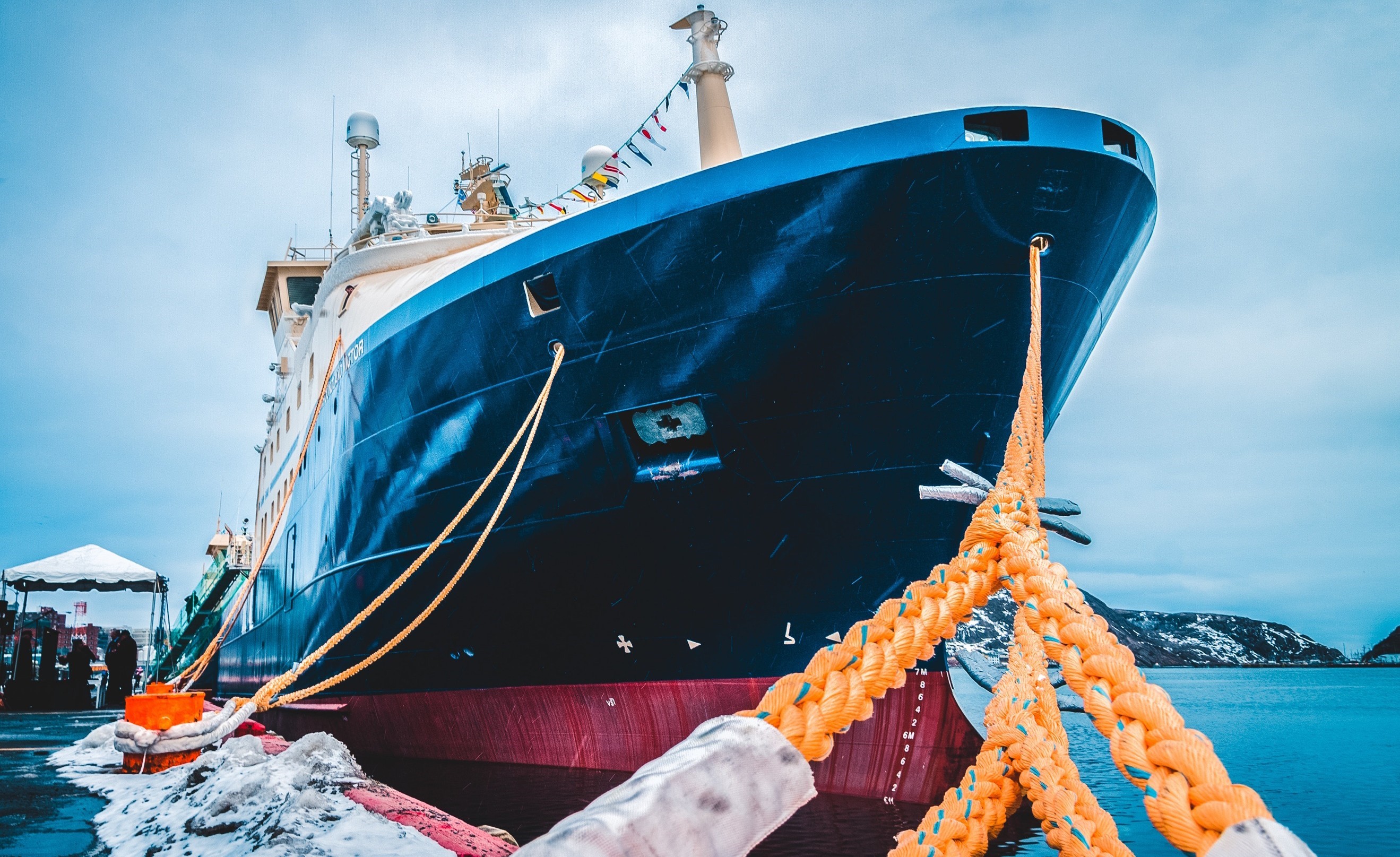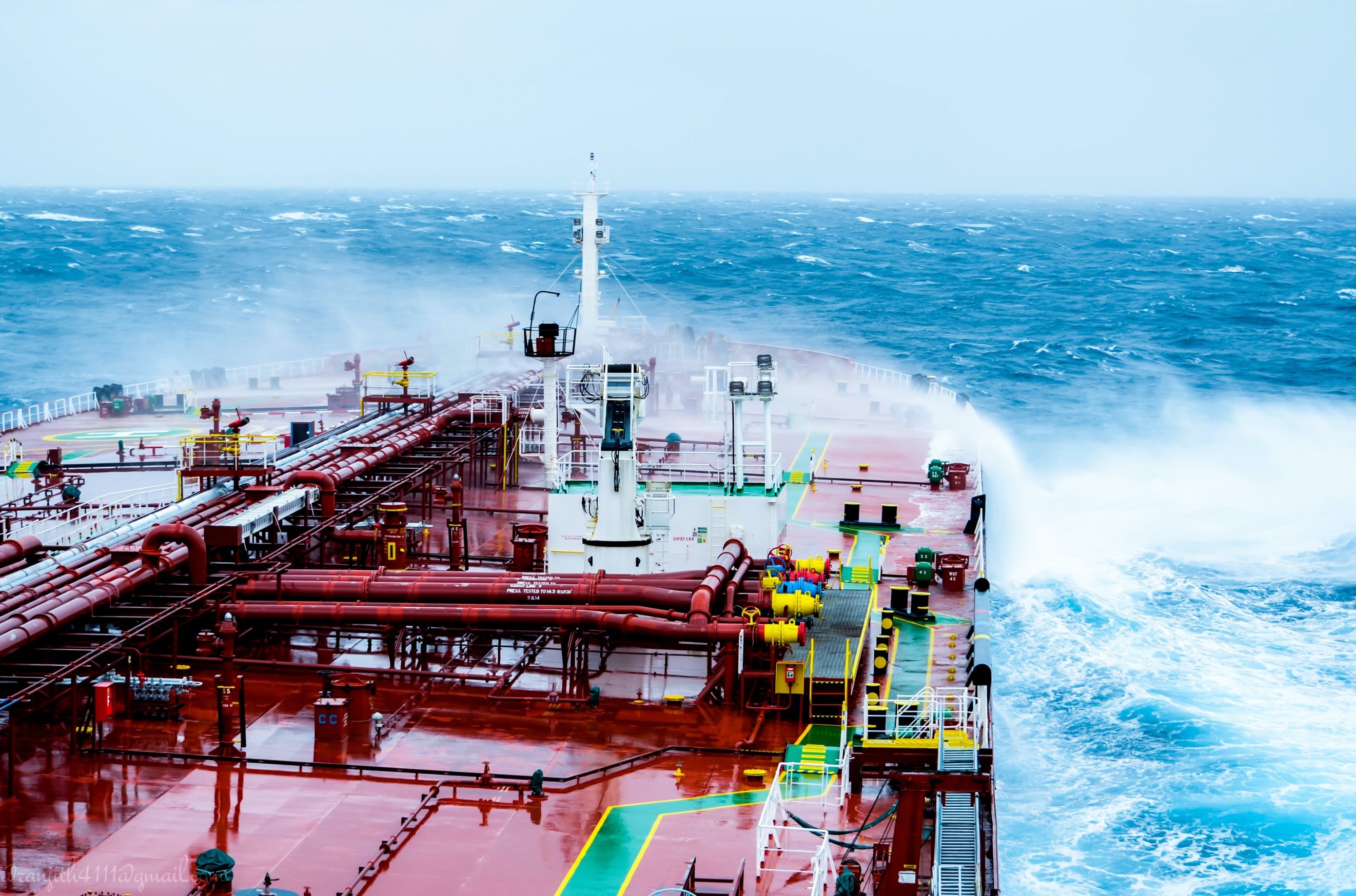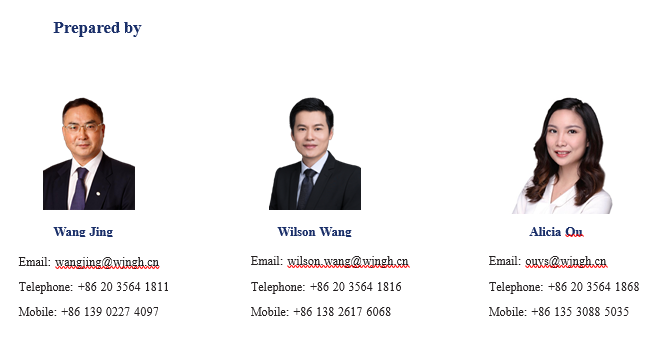On 27 September 2020,the Supreme People’s Court of China(“SPC”) promulgated the Provisionson Several Issues Concerning the Trial of Cases of Disputes Involving Seamen (Document number: Interpretation No. 11 [2020], hereinafter referred to as the Provisions), which came into forceon 29 September 2020.
There are in total 21 articlesunder the Provisions, whereissues as focuses of social concerns arecovered,including how to identify contracts on the employment ofseamen, service contracts and brokerage contracts, ascertainment, enforcement and transferof maritime liens, components of seamen’s wages and other remunerations, and whether seamen’s wages earned from illegal workshould be protected, etc.

II. The Provisionsclarify the application of the law for different typesof seamenrelated disputes.
Under the Provisions and the Law of the People'sRepublic of China on Choice of Law for Foreign-related Civil
Relationships, the law shall be appliedin different circumstances as follows:
1. If a seaman’s employmentcontract involves foreign elements, the law of the place wherethe seaman works shall apply;where the workplace is difficult to identify, the law of theprincipal place of business of the employer shallapply;
2. If there is no applicable law stipulation in a seaman’s service contract, the law of the dispatching place or the principal place of businessof the shipowner or theflag state of the vesselshall apply.
3. If there is no applicablelaw stipulation in a brokerage contractor agency contract, the law having theclosest connection with the contractshall apply.
Nevertheless, the Provisionsdo not clarify if the two contracting parties to a seaman service contractrespectively assert the application of different laws, then which law shall be appliedby courts. This issue hasto be clarified by SPC’s further interpretationin the future.

III. Under the Provisions,seamen’s application only for confirming maritimeliens without firstpursuing ship arrest procedure is supported.
Article 28 of the currently effective Maritime Code of China provides that a maritime lien shall be enforcedbyarresting the ship that gave rise to the said maritime lien.However, thereare procedural drawbacks inthe aforesaid ship arrestrequirement, because, in practice, seamen’s claim amounts could be small while thelosses sustained by the shipowner during the period of arrest can be large; a ship arrest cannot be enforced when the whereabouts of the subjectship is unknown or due to other reasons;or the subject ship has alreadybeen arrested by another party, etc.
In order to balance the tripartite rights and interests of seamen, shipowners, and othermaritime creditors, theProvisions stipulatein Article 6 that with regard to maritime claimsthat shall be entitled to maritimeliens, if seamen do not apply for arresting the ship that gave rise to the said maritime liens in accordance with Article 28 of the Maritime Code of China, and only apply for confirming their maritimeliens against the ship that gave rise to the maritimeliens within a certain period,such application shall be supported.
This means that in case disputesarise between a seaman,the master, or any other member of thecomplement over wages, other remuneration,crew repatriation, and social insurance costs payable orincurred due to his service on board, he may apply for exercising his maritime liensand for arresting the shipconcerned at the same time, or only apply for confirming his maritimeliens against the ship thatgave riseto the maritime liens withinone year of the existence of such maritime liens without the need ofapplying for ship arrest.
IV. The Provisions ascertain the components of seamen’s wages and other remunerations that are entitledto maritime liens.
Under Article 22 of the Maritime Code of China, seamen’s paymentclaims for wages, other remuneration,crew repatriation, and social insurance costs payablepursuant to labor laws, administrative laws and regulations, or labor contracts shall be entitledto maritime liens. But it is controversial in judicial practice whether all the components of seamen’s wages and other remunerations shall be entitled to maritime liens.
Now, this issue is clarifiedby the Provisions,which expressly provide that wages which are entitled to maritime liens include the following items given rise by seamen’s boarding, service on board, repatriationupon disembarkation: (1) remunerationor basic wages during normal working hours, (2) overtime payduring extended workinghours and overtime pay for work during days off or statutory publicholidays, (3) bonus and allowance earned duringservice on board, and wages payable in special circumstances, and (4) intereston the aforesaid paymentswhich have notbeen paid in time. If seamenclaim maritime liens for the aforesaid paymentitems and apply for arresting the ship on which he served,such claim and application shallbe supported by courts.
Payment items which are not entitledto maritime liens include (1) severance pay and other economic compensation under the Labor Law and the Labor Contract Law,(2) the wages in the double amountpayable by an employer to an employee due to the employer’s failure to conclude a written labor contractwith the employee pursuantto Article 82 of the Labor ContractLaw, and (3) interests on the aforesaid payments which have not been effected in time. Where seamen claim maritime liens for the aforesaidpayment items, such application shall not be supported by courts.
The Maritime Code of China provides that the law of the place wherethe court hearing the case is locatedshall apply to matters pertaining to maritime liens. Therefore, when disputesinvolving crew remunerationare heard by Chinesecourts, the afore-mentioned rules under Chinese law will be appliedfor ascertaining the scope of maritimeliens, no matter whetherthe shipowner’s home state or the flag state has different stipulations on maritime liens.
V. The Provisions clarify that even if seamen engage in illegal tasks, their wage claims may stillbe protected in some circumstances.
To protect the marine ecological environmentand safeguard seamen’s lawful rights and interests,the Provisions stipulatethat if seamen carried out illegal tasks as a result of fraud or duress (e.g. illegally fishing during a no-fishing period or in a no-fishing area), seamen may still claim their wages and otherremunerations; however, if seamen were aware of and willinglycarried out illegal tasks (the burden of proofis on shipowners), then seamen shall have no right to claim wages or remunerations for such unlawful tasks. Furthermore, if theacts of shipownersor seamen shall be subjectto administrativepunishment or are suspected of being involved in crimes, they shallbe dealt with in accordance with the relevant statutory procedures.
The Provisions regulateand guide the developmentof the seaman market, and satisfythe realistic need forupholding an orderlyshipping market. They also serve to safeguardChina’s efforts in building a newopen economic system of a higher level, the Strong MaritimeNation strategy as well as the developmentof the Belt and Road Initiative.
For the time being the actual effectof the Provisions on theshipping industry remains to be seen.

A team led by Mr. Wang Jing, which has rich experience in foreign-related legal issues, have joined and started astrategy reconstruction with Grand& Holder Law Firm. The name of the new firm is Wang Jing & GH Law Firm, which is a full-service firm with more than 70 experienced practicing lawyers. Wang Jing & GH Law Firm now covers such practiceareas as commercial litigation and dispute resolution, admiraltyand maritime, cross-border investment and M&A, international trade,real estate development and construction, corporate governance, banking and finance, urban renewal, TMT, commercialcrimes, intellectual property and taxation.





